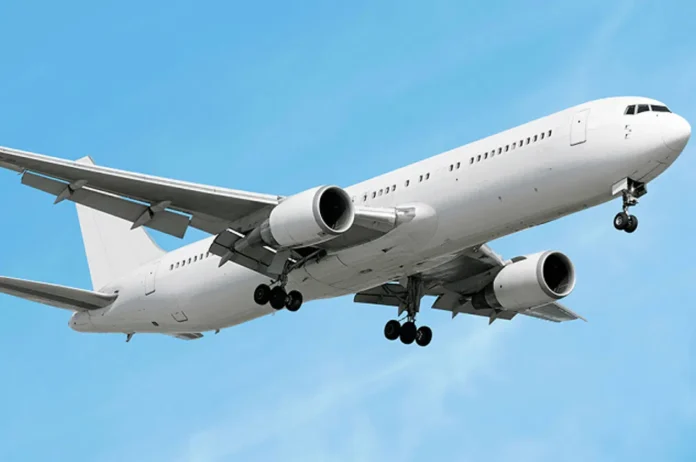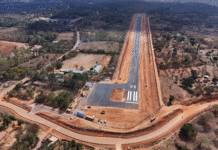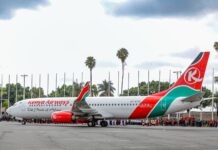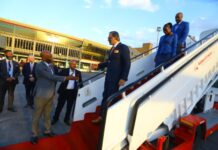East African airlines are sounding the alarm over soaring taxes imposed by governments, which are significantly inflating ticket prices and stifling industry growth. With taxes on air travel reaching unprecedented levels, the cost of flying has become a barrier for many potential travelers, ultimately impacting tourism and regional connectivity.
Tax Burden on Travelers
Recent reports indicate that travelers in East Africa face some of the highest aviation taxes in the world, with average taxes per international flight reaching alarming figures. For instance, Nigerian travelers reportedly pay around $180 in taxes, nearly triple the African average, which is contributing to a decline in air travel demand. This trend is echoed across the region, where high ticket prices are discouraging both leisure and business travel.
Impact on Industry Growth
The African Airlines Association (AFRAA) has highlighted that these excessive taxes are not only making air travel less accessible but are also hindering the growth of the aviation sector. Airlines are struggling to maintain profitability amid rising operational costs, which are exacerbated by government levies. As a result, many carriers are forced to reduce flight frequencies or even suspend routes, further limiting travel options for consumers.
Call for Reform
Industry experts are urging governments to reconsider their tax policies to foster a more competitive aviation environment. They argue that reducing taxes could lead to lower ticket prices, increased passenger volumes, and ultimately, a boost in economic growth through enhanced tourism and trade opportunities. The AFRAA has called for urgent reforms to address these tax issues, emphasizing the need for a collaborative approach between governments and the aviation sector.
As East Africa grapples with these challenges, the future of its aviation industry hangs in the balance, with stakeholders advocating for a more sustainable and traveler-friendly tax framework.
Written By Ian Maleve



















